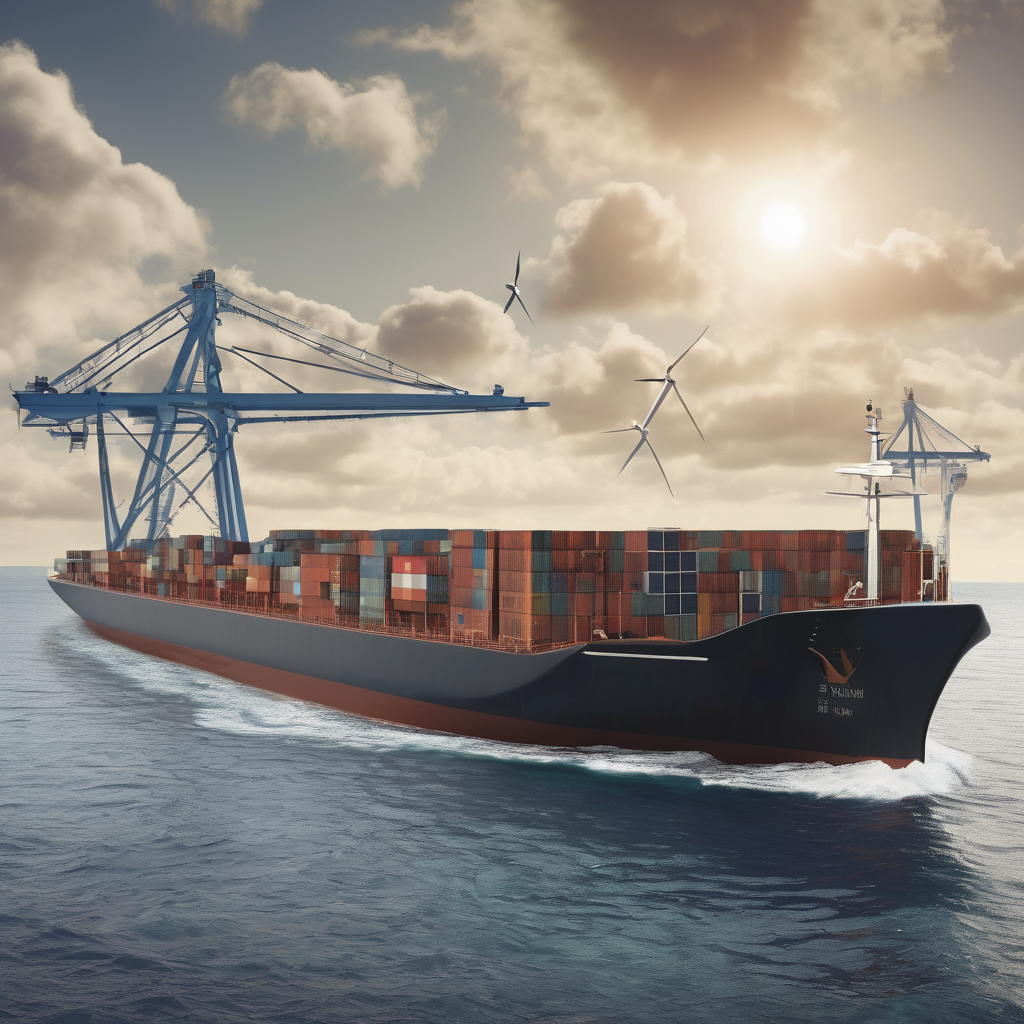The second Extraordinary Session of the Marine Environment Protection Committee (MEPC) commenced at the International Maritime Organization (IMO) Headquarters in London, focusing on significant advancements in the maritime industry’s approach to climate change. Representing the Pacific, the 6PAC+ alliance, which includes key nations such as the Marshall Islands, Vanuatu, and Tuvalu, continues to push for a transition to a sustainable shipping sector. Their primary objective is to achieve a phase-out of fossil fuels, aligning with a target of keeping global temperature rise below 1.5˚C through a fair and equitable transition, especially aiding developing nations, particularly Small Island Developing States (SIDS) and Least Developed Countries (LDCs).
Leading the Pacific delegation is a coalition of ministers, including Hilton Kendall from the Marshall Islands, Ralph Regenvanu from Vanuatu, and Simon Kofe from Tuvalu. Minister Kofe highlighted the urgency of the moment, stating, “We are here to lead high ambition… This is about more than shipping. It is about survival.” This sentiment resonates particularly with SIDS that are facing severe threats from climate change, including rising sea levels and extreme weather conditions, compounded by the high shipping costs due to the extensive distances involved in their transport routes.
At this week’s session, the MEPC will review the Net-Zero Framework, which aims to phase out greenhouse gas emissions from ships in line with the IMO’s 2023 GHG Strategy. This includes advocating for a global fuel standard and establishing a pricing mechanism for GHG emissions, which are critical steps in making the shipping industry more sustainable. Earlier discussions emphasized implementing a market-based mechanism, such as a greenhouse gas pricing mechanism proposed at MEPC 83, which aims to encourage rapid emission reductions and ensure that the burdens of climate change do not unfairly impact the least developed nations.
Supporting this overarching effort, the 6PAC+ alliance underscores the essential role of equitable solutions that recognize the vulnerabilities of those nations most affected by climate crises. In light of recent discussions among various international leaders, there is a burgeoning consensus on the need for comprehensive regulations that can drive the industry towards a sustainable model, emphasizing that resilient policies must cater to the needs of all nations, particularly those least responsible for climate change yet most vulnerable to its impacts.
With the ongoing commitment of Pacific nations in global climate negotiations, there lies a sense of hope that concerted efforts can lead to robust initiatives necessary for safeguarding the environment for future generations. The push for accountability, equitable solutions, and decisive action signifies a broader movement not only focused on maritime regulations but also on fostering positive changes that can benefit communities globally.
